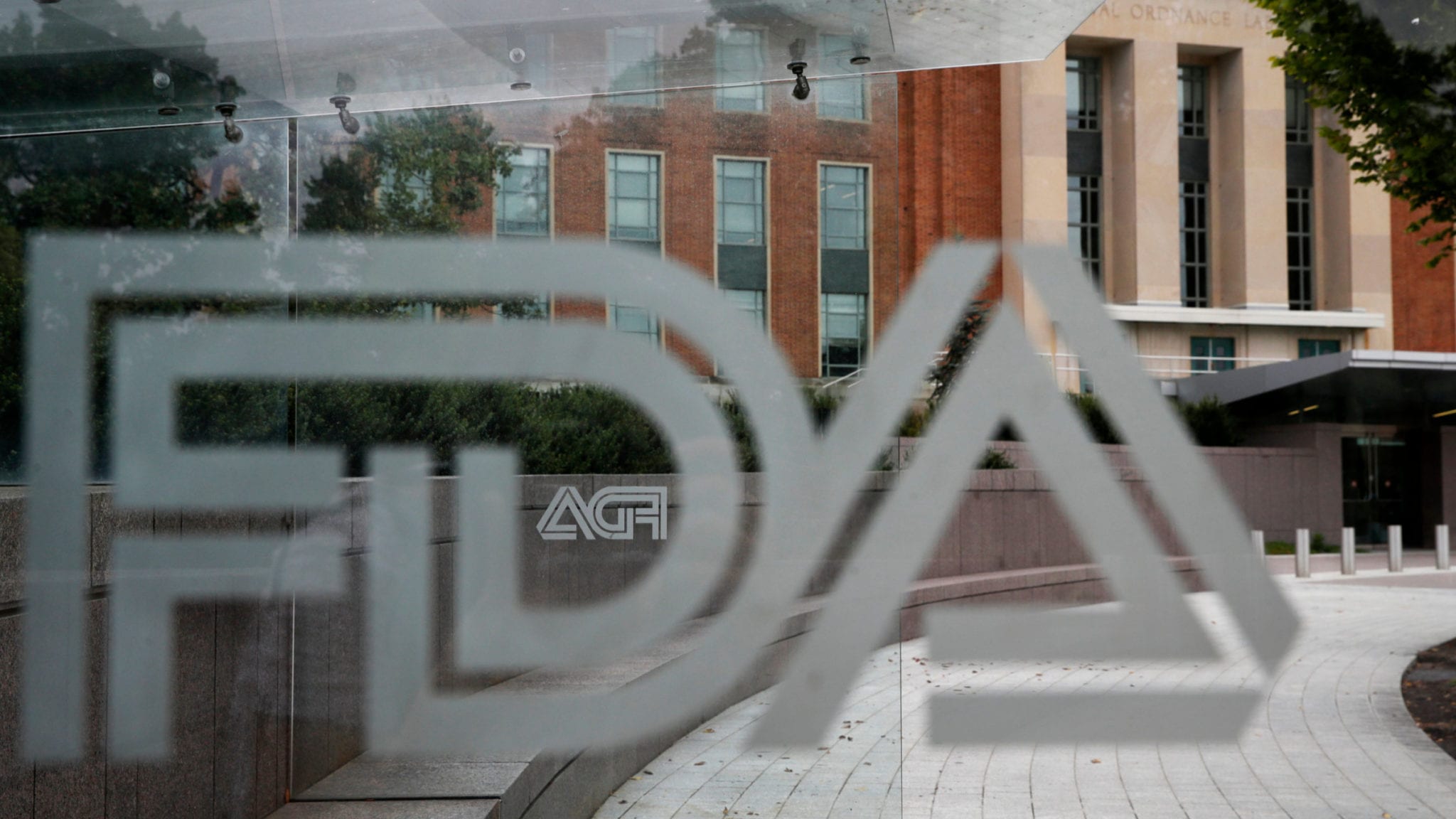
Photo credit: Jacquelyn Martin
Where are the interchangeable biosimilars?
In June 2017, Leah Christl, former biosimilar lead at FDA, told a conference in Chicago that interchangeable biosimilars were likely coming to the US …
Sign up to read this article for free.
Get free access to a limited number of articles, plus choose newsletters to get straight to your inbox.